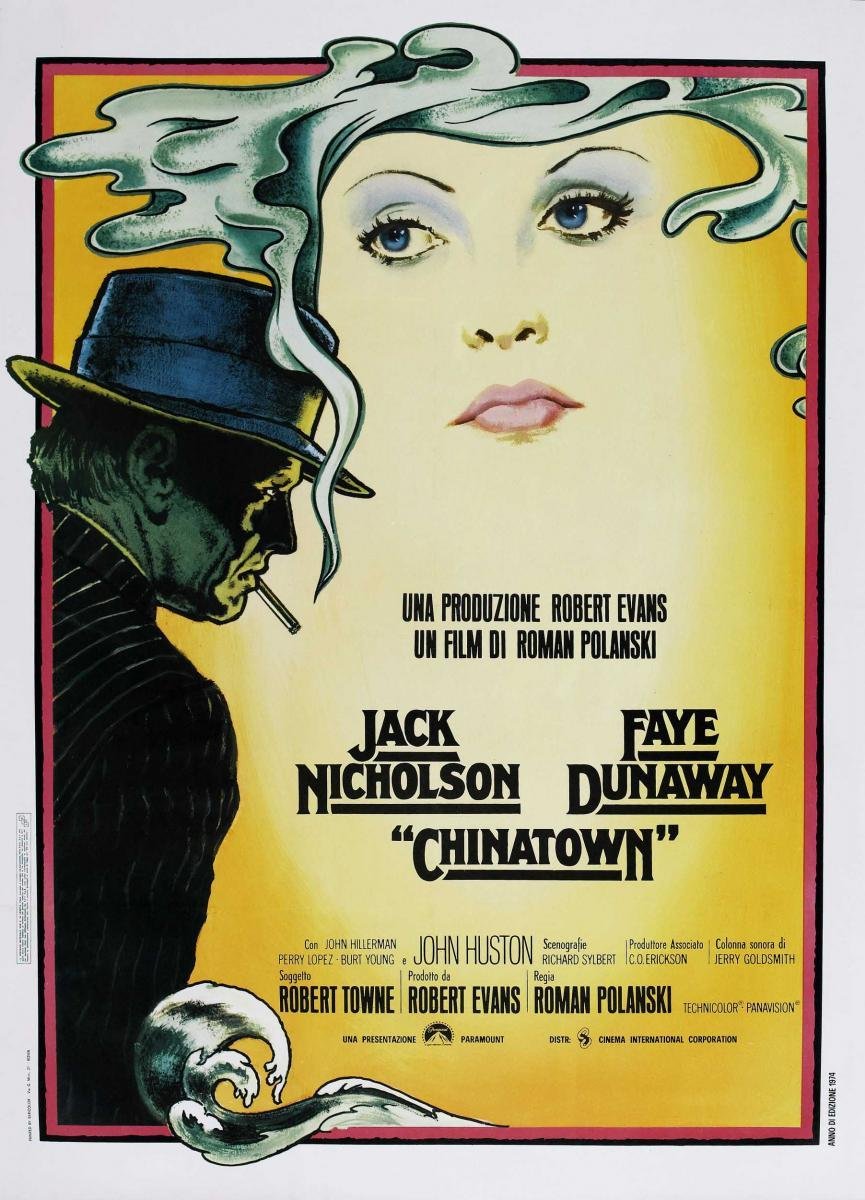Uncomfortable Questions: Jodorowksy, Quality Cinema, Questionable Moviemakers by Craig Hammill
Often the important questions are the uncomfortable ones.
And it follows logically from uncomfortable, tough questions that there are not going to be easy answers.
Such is the case with some of the thorny issues surrounding Chilean filmmaker Alejandro Jodorowksy and his one-of-a-kind surrealists masterwork El Topo.
Boiled clean to its essence, the dilemma is this: Jodorowsky claimed to have raped an actor on-screen to get a performance he wanted in his 1970 surrealist breakout Mexican film El Topo. He later walked back the comments issuing an apology and stating he had said such things at the time as a surrealist advertising technique to create instant controversy but that everything in the movie was consensual. The actor in question has never stepped forward to either confirm or deny Jodorowsky’s presentation of facts. So we only have Jodorowksy’s problematic explanation upon which to rely.
The question is the tough one: do you then not show the movie or do you show it?
Questions like these have swirled around a number of once oft-shown movies that now languish in a cinematic purgatory of uncertainty. These include deeply problematic but historically important movies like Birth of a Nation, Gone with the Wind, or Triumph of the Will. They include once lauded masterworks of cinema made by now problematic moviemakers (Polanski’s Rosemary’s Baby or Repulsion, Woody Allen’s body of work, etc). And they include movies that have on-the-set profoundly problematic backstories that may feel disqualifying (like Bertolucci’s Last Tango in Paris and Jodorowksy’s El Topo).
The basic questions are age-old ones and ones that are always in-play, dynamic, and pertinent:
-Should we separate the art from the artists?
-Is it the better decison to not screen a problematic work as a form of justifiable disapproval OR do we need to keep such works available because of their historical/artistic merit and in the interest of preserving a free marketplace of ideas (acknowledging that some ideas/works will become unpopular)?
-Is there some kind of Buddhist middle path in which problematic cinematic works are contextualized, the real issues acknowledged, but then the movies screened to an informed audience?
-Is there an as yet undiscovered alternate way of appropriately handling such cinematic works not yet considered?
We did just screen El Topo and Jodorowsky’s follow up Holy Mountain to sold out audiences at the Secret Movie Club Theater. As a compromise, I intro’d both nights, explaining ahead of time the controversy surrounding El Topo, and offering refunds to anyone who wanted them. We also mentioned the controversy in all our literature so folks could make an informed decision ahead of purchasing tickets.
Interestingly, the one thing that did occur is an audience member corrected me when I initially described the controversy and used the word “assault”. Politely but firmly, she responded “Rape”.
So I corrected myself and made sure to say “rape” both nights.
But, the entire audience (sold out) stayed both nights and was filled with a fairly even distribution of women and men.
This reaction and result put me in mind of what some folks who work at Janus/Criterion once told me: “You have to trust people to be adults and make their own decisions once you’ve provided them in good faith with the context.”
There are a whole host of secondary questions that are equally important to consider:
-To what extent should an allowance be made for the mores and customs of the times in which an artistic work was made? In other words, while an artistic work or artist might be clearly objectionable by 2023 standards, does the understanding of the work change when researching how the work was understood in the context of its own time?
-Given that movies specifically are made by teams (including topline artists with authorial input like actors, writers, cinematographers, production designers, editors, producers), are we nullifying the contributions of a whole slate of good faith artists when we censure a work for the disqualifying acts of one of those topline contributors?
-To what extent should we wrestle with the reality that we enjoy many artistic works guilt-free only because all the artists associated with them are long gone and any problematic transgressions never uncovered? So that ignorance and historical distance often shields a work from censure.
And then finally maybe the most important but difficult question:
-When a work has clear, enduring artistic or historical merit and importance (while at the same time have clear, enduing problems) is the proper response to a problematic revelation censure or contextualization?
Documentarian Leni Reifenstahl has provoked much debate and ambivlanece in the filmmaking community. Her works have clear artistic merit yet were made in the service of an unforgivable ideology.
Ultimately, I feel that, to the best of our ability as a culture, we should always keep artistic works available and leave it to the marketplace of ideas to determine their worth. Even an almost universally agreed upon work of reprehensible ideology like Leni Reifenstahl’s Nazi propaganda documentary on the 1935 Nuremburg rallies Triumph of the Will feels put to better use by being seen by later generations than erased from consciousness. By watching Triumph of the Will (and I say this as a Jew), one comes to understand how Fascist and Totalitarian governments use spectacle and strong personality to excite/blind a nation and suppress dissent. If Triumph of the Will were not available as a historical document, it would be harder to self-educate oneself on some of the tools authoritarians use to razzle-dazzle a populace and obscure horrific acts.
However, I recognize this argument is quite different from whether fictional films made by problematic moviemakers and/or with problematic elements should still be showcased.
A powerful counter-argument with much merit against screening a movie like El Topo goes like this:
People can seek that movie out on their own if they so wish. That’s their right. But programming entities (like Secret Movie Club) should not give such movies a platform.
The problem for me there is that El Topo is a movie with clear artistic merit that benefits from being shown on the big screen. To remove El Topo from circulation on the big screen is to remove a work of art which might influence, inform, inspire generations of movie artists with aspects of its moviemaking totally unrelated to the controversy.
Or put another way, my understanding is that novelists like Tolstoy, Dostoyevsky, and Balzac were all hugely problematic as people. Yet their personal lives have always been so remote from us that they don’t really affect our ability to be moved, inspired by novels like War and Peace, Crime and Punishment, or Pere Goirot.
BUT. . .I don’t think such a line of argument is a panacea for the very real and important issues raised by movements like #MeToo, Black Lives Matter, LGBTQ+ etc to be sensitive and responsive to issues that have for too long been dismissed inappropriately.
So we come back to the beginning. As of 2023, it feels that we are still working out the proper protocol, response to balance our democratically cherished value of freedom of expression with our equally cherished values of inclusion, respect, and justice.
Like so much in life, the pushes and pulls of evolution to achieve progress and consensus are often much more painful and rocky than we remember post-facto. But maybe it’s exactly this discomfort that shows we’re all striving in good faith to find a workable model that cherishes both values going forward.
Craig Hammill is the founder.programmer of Secret Movie Club



